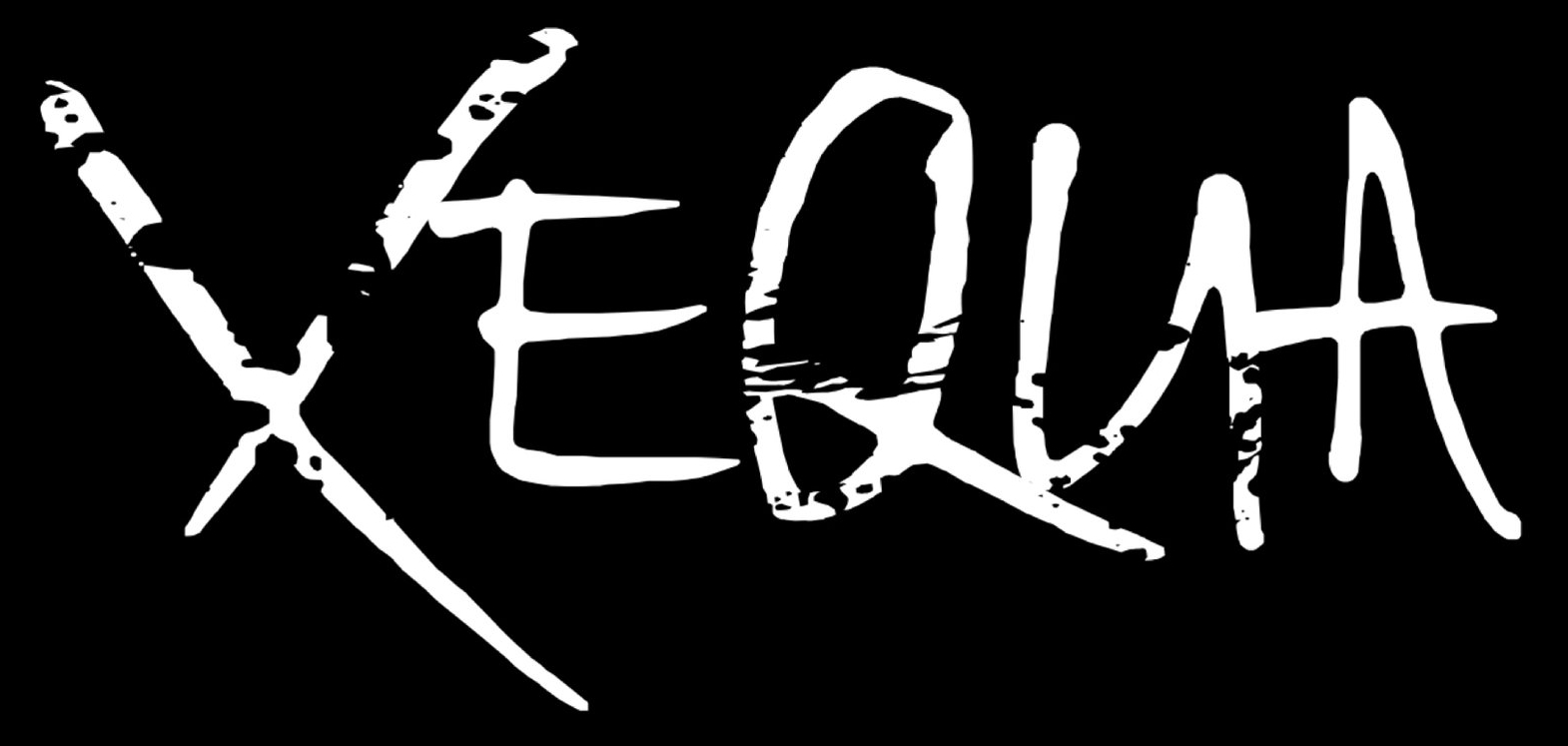Uniqueness
We are all unique.
I don’t mean that in a demeaning or touchy-feely sort of way.
I mean that while we exist in a shared world, our brains process pieces of that world differently. Sometimes, very differently.
I’ll give you two examples of my own.
First, I have red/green colorblindness. My eyes lack a few of the rods and cones necessary for distinguishing between some shades of red and green. When this happens, those shades of red and green either look identical to me, or converge toward a sort of muddy non-color. (That is, in fact, a large part of why Xequa is primarily built with a black and white visual theme.)
People used to jokingly ask me whether I kept running stoplights. They were always surprised when I’d tell them that even if I only saw in black and white, I still had figured out that stoplights have red up top, green on the bottom.
With enough time and exposure, you can usually figure out what you need to. Eventually, you figure out a way to work with what you’ve got. That way only really needs to make sense to you.
That process of coming to understand is not limited to the Where (when crossing a street) or to the What (look for the ‘walk’ signal). It does, however, lead me to my second example: being born with hearing loss.
From the very beginning, my hearing has been pretty lousy. A lot of what I would notice people saying didn’t make any sense. It wasn’t that I couldn’t understand the subject matter, it was that the speech I heard made no sense. The thing is, I had no basis of comparison; I just thought that was how the world was. If weird is all you’ve ever known, it seems normal.
Somehow, not through any conscious or deliberate means back then, I figured out how to get by. It wasn’t until Fifth Grade that I got a hearing aid.
Despite a uniqueness in each of us distinguishing from the masses, I staunchly believe that there is one thing that does unite every living creature capable of thought.
That common thread is the need to be understood.
We all strive to be understood, but how many of us attempt to understand? Not simply react through heuristics and judgement, but truly understand?
A good friend of mine has a young child on the Autism spectrum. I love hearing the various updates. In addition to having met my little buddy just days after his first birthday, this kid is absolutely fascinating. While demonstrably smart, thoughtful and sensitive, outward communication is challenging.
I can only scratch the surface of imagining how difficult -and frustrating- that must be. While I’ve traveled abroad and have run into language barriers, this extends beyond that. Far beyond that. Because, when things happen to you for the first time, you have no basis for comparison. Imagine being not only unable to speak the language, but also constantly being indiscriminately handed things and expected to formulate some sort of appropriate response.
Developmentally, most of us learn from others’ reactions to our reactions. Smile, get a smile back. Hit and you will be hit.
If our ability to react were to be constrained, nuances would be the first casualty. When all of our thoughts, emotions, physical senses and biological mechanics keep piling up, eventually something needs to come out. Maybe all at once, a sort of purging that first requires a threshold be met. Only the most visceral actions are capable of breaking through the barrier. Not fear, but terror. Not contentment, but bliss. Not anger, but rage.
That would send me into a thrashing, screaming, anxious panic.
So, I’m able to relate when I hear an update about such episodes. I don’t see an isolated tantrum, some sort of scenario in need of judgement.
What I see is an attempt to exorcise the fear, uncertainty and discomfort of going from school to a summer program, then having that summer program restructured and relocated since he went home for the weekend. It’s like the entire world changed while he was home for the weekend.
Trouble is, not everyone is willing to see. It’s easier to reduce the world into simplistic buckets of good or bad, right or wrong. Mentally shortcutting the universe through heuristics is also a way to create distance. To create an ‘other,’ separating Us from Them.
It seems even at our most wildly profound moments, we still do not fully internalize the fact that all of us are someone else’s ‘other.’ Insiders and outsiders are entirely dependent on perspective.
Abandoning the familiar safety of adhering to our group norms is incredibly challenging. Such difficulty gives breath to the obstinate contrarian, marching forth with the belief that the divisive views distinguishing his few from the many are sound; they even have medical science as their foundation.
Medicine! Science! Facts! Who could possibly argue with those? [Oh yeah. Ahyhow…]
Subscribing to a belief thought unconditional because of science though, overlooks the very nature of the medical field. As a science, the field of Medicine is perpetually changing as its collective body of knowledge evolves. If medicine were static, we still would be treating most ailments by asking that someone use a sharp rock to bore a hole into our skull, from which the bad things can fall out.
Maybe you don’t know as much as you think you do. Take the time to figure it out.
